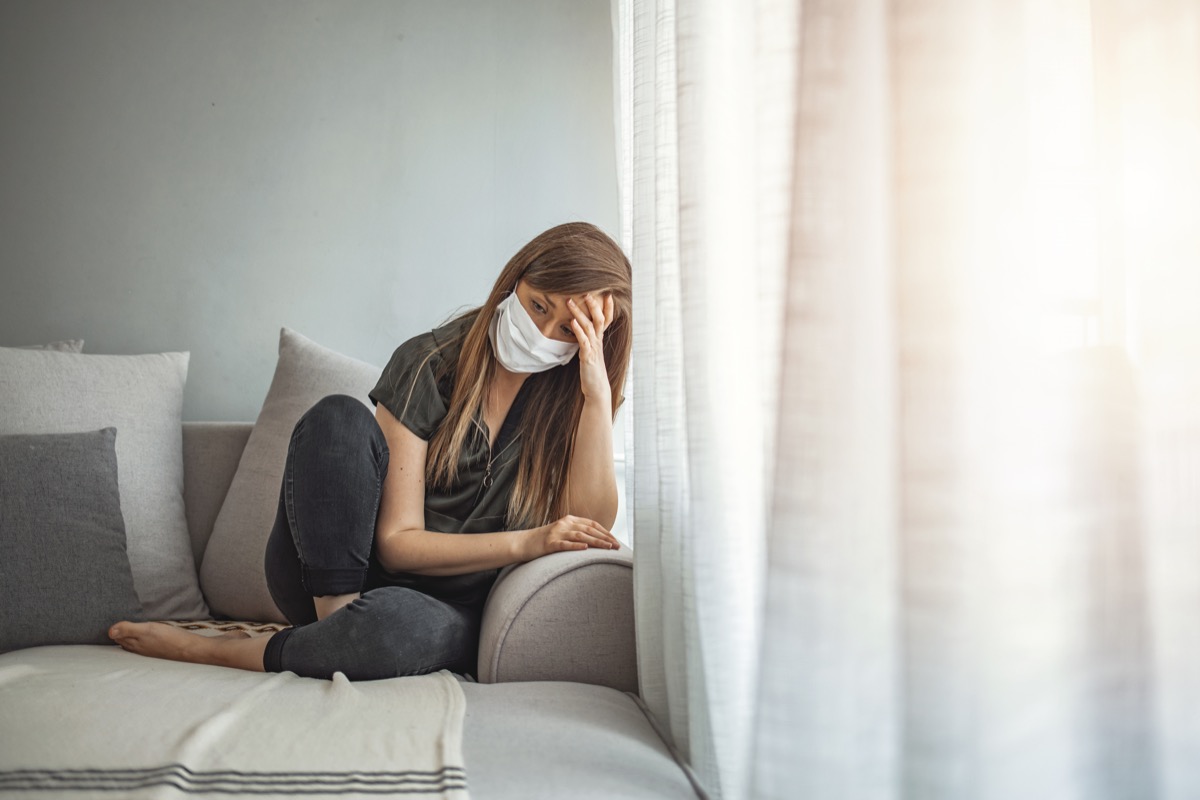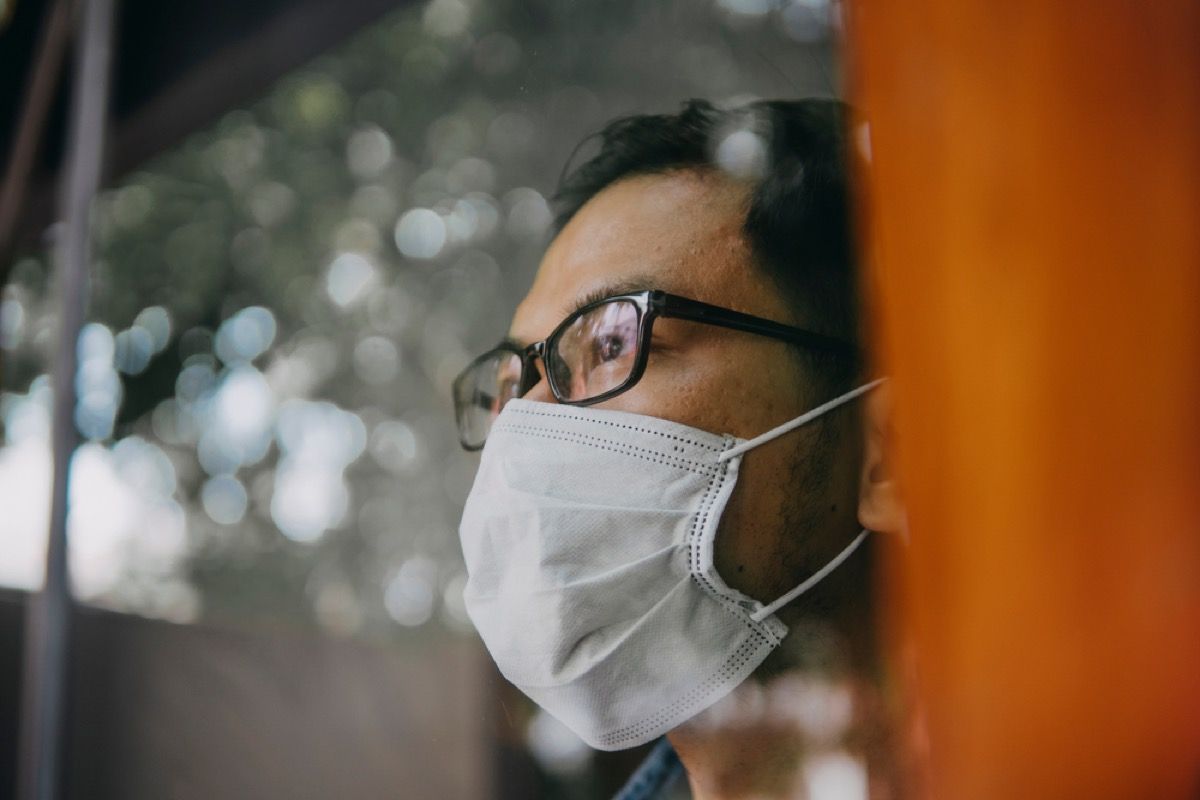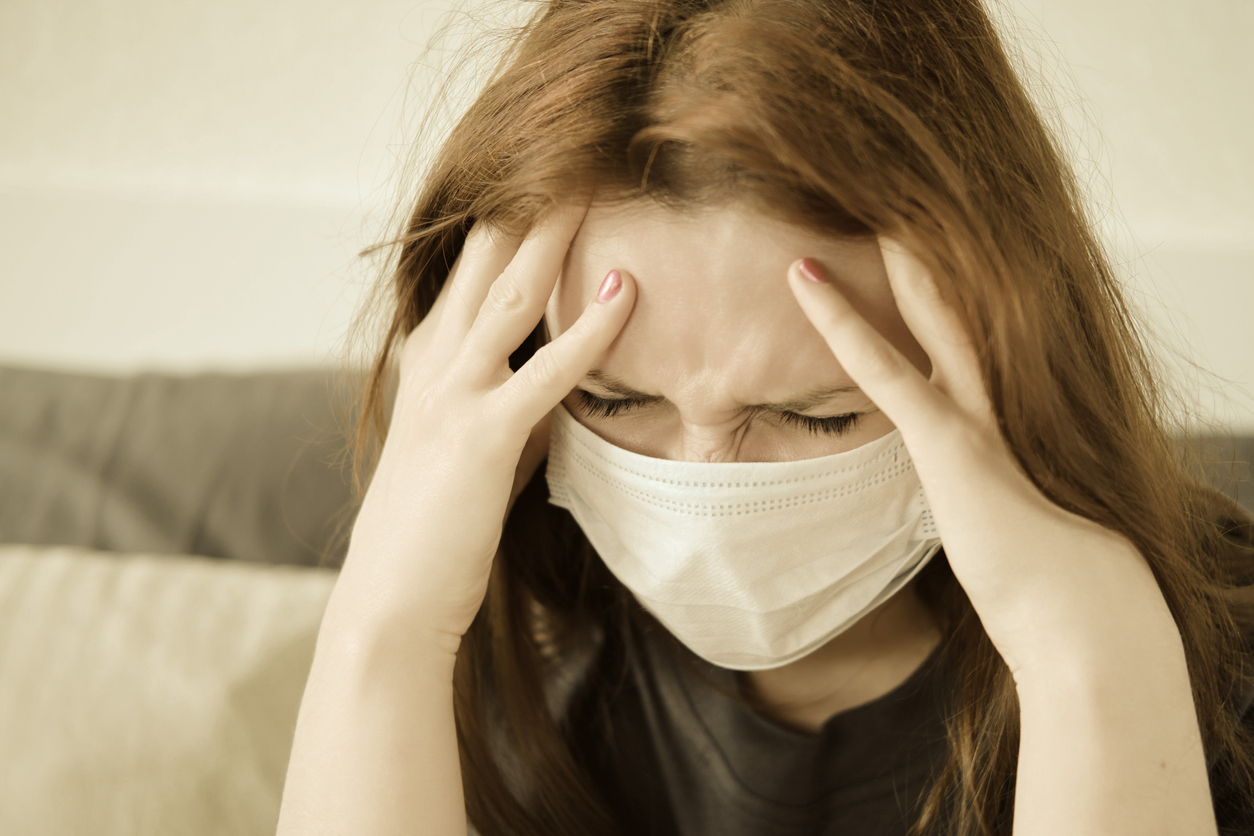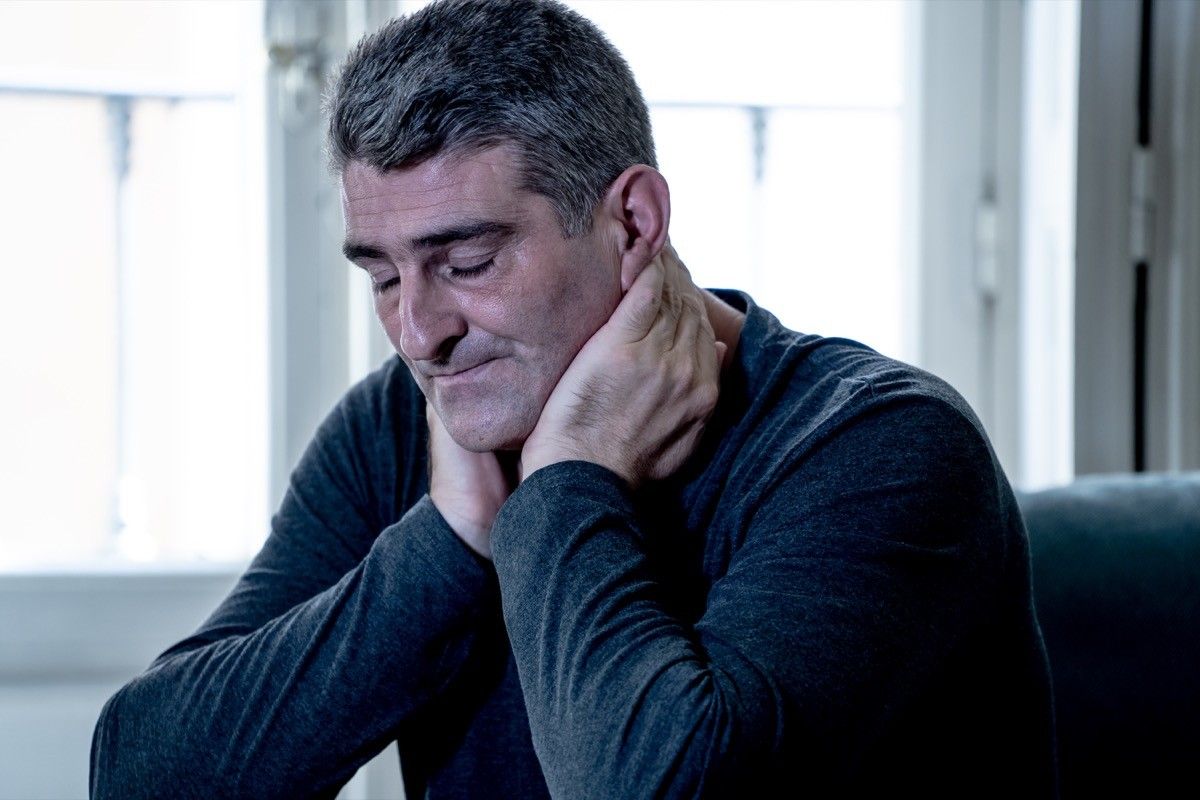The new study out of San Raffaele Hospital in Milan, Italy, examined 402 patients—265 men and 137 women—a month after they were released from the hospital after being treated for COVID-19. Using clinical interviews and self-assessment questionnaires to gauge patients’ symptoms of various mental health disorders, the researchers found that nearly 56 percent of patients studied “presented a clinical score for at least one mental disorder.” The researchers also hypothesize that inflammation plays a significant role in the development of these mental disorders in COVID-19 survivors, citing that “worse inflammation lead[s] to worse depression.” The findings show that COVID-19 not only has the ability to spark the development of a mental disorder in patients that have never had one before, but the virus also exacerbates mental disorders in patients who already have them. “Patients with a positive previous psychiatric diagnosis showed increased scores on most psychopathological measures, with similar baseline inflammation,” the authors wrote. Many of these mental illnesses are considered “high-burden non-communicable conditions associated with years of life lived with disability.” So, not only will COVID-19 survivors have to deal with the effects of the virus on their body, but many will also have mental disorders that could stay with them their whole lives. Read on to find out which mental health disorders COVID-19 survivors most often face, from least common to most common. And for more lingering symptoms of coronavirus, check out These Are the Coronavirus Symptoms You May Have Forever. There have been multiple reports that coronavirus worsens OCD, but according to this new study, 20 percent of COVID-19 survivors develop OCD as a result of the virus. Considering the trauma that can come with battling coronavirus, it’s likely no surprise that 28 percent of those with COVID-19 in the Italian study had PTSD. And for more on what it’s like to fight the virus, check out: I’m a Nurse Who Hasn’t Been Sick in Years. Coronavirus Almost Killed Me. There are many ways COVID-19 affects the brain, and depression is one way it can manifest. In the new study, 31 percent of COVID-19 survivors were deemed clinically depressed. And for more ways coronavirus sticks with survivors, check out Most People With Severe Coronavirus Can’t Get Rid of These 2 Symptoms. While some people report fatigue as a result of coronavirus, 40 percent of COVID-19 survivors in the Italian study were dealing with the opposite effect: insomnia. And for more up-to-date information, sign up for our daily newsletter.ae0fcc31ae342fd3a1346ebb1f342fcb In the study, the most common mental health disorder reported among coronavirus survivors was anxiety, with 42 percent. Additionally, the study found that men’s mental health fared better than women’s by far. Women were more likely to battle both anxiety and depression, “scoring higher in all the measures.” And for more on the COVID-19 sex divide, check out This Is Why Coronavirus Is Killing More Men Than Women, New Study Says.




